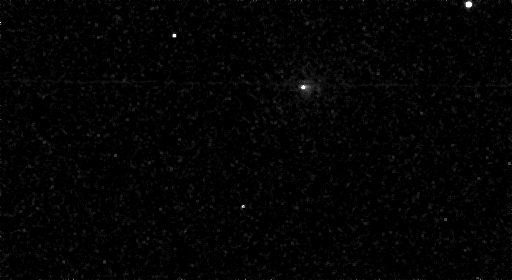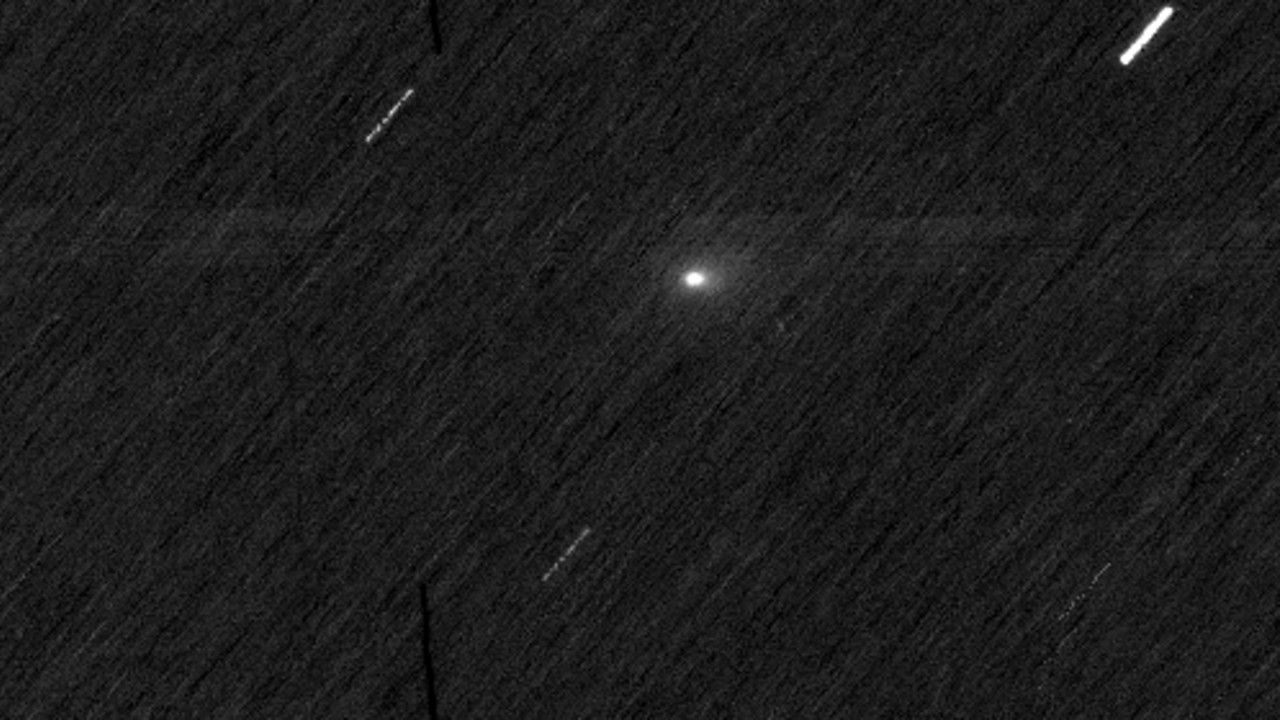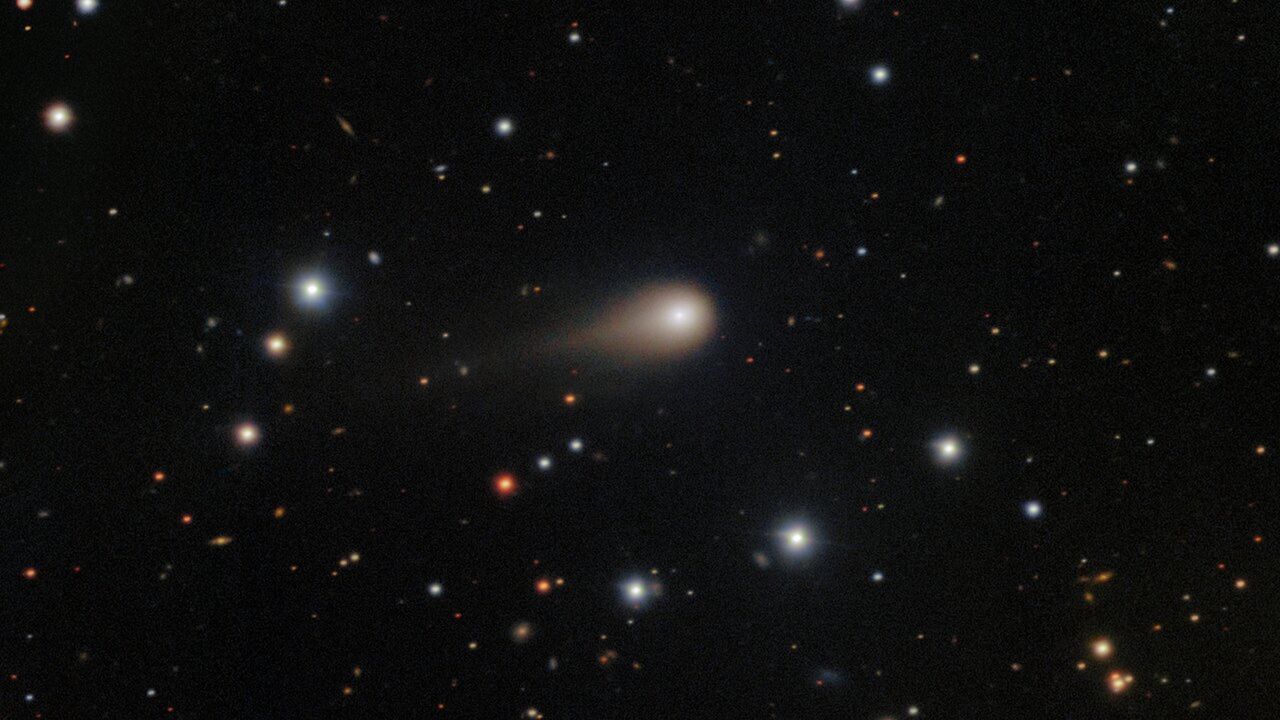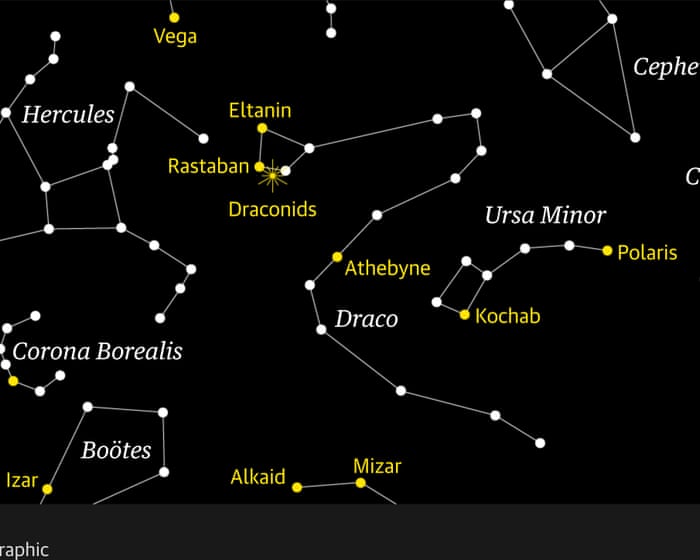'Closest view' yet of interstellar comet 3I/ATLAS captured by Mars orbiter
PositiveScience

The European Space Agency's ExoMars orbiter has achieved a remarkable milestone by capturing the closest images of the interstellar comet 3I/ATLAS. These stunning visuals showcase the comet's bright coma, although intriguingly, there are no signs of a tail. This discovery is significant as it enhances our understanding of interstellar objects and their characteristics, sparking excitement in the scientific community and among space enthusiasts.
— Curated by the World Pulse Now AI Editorial System








